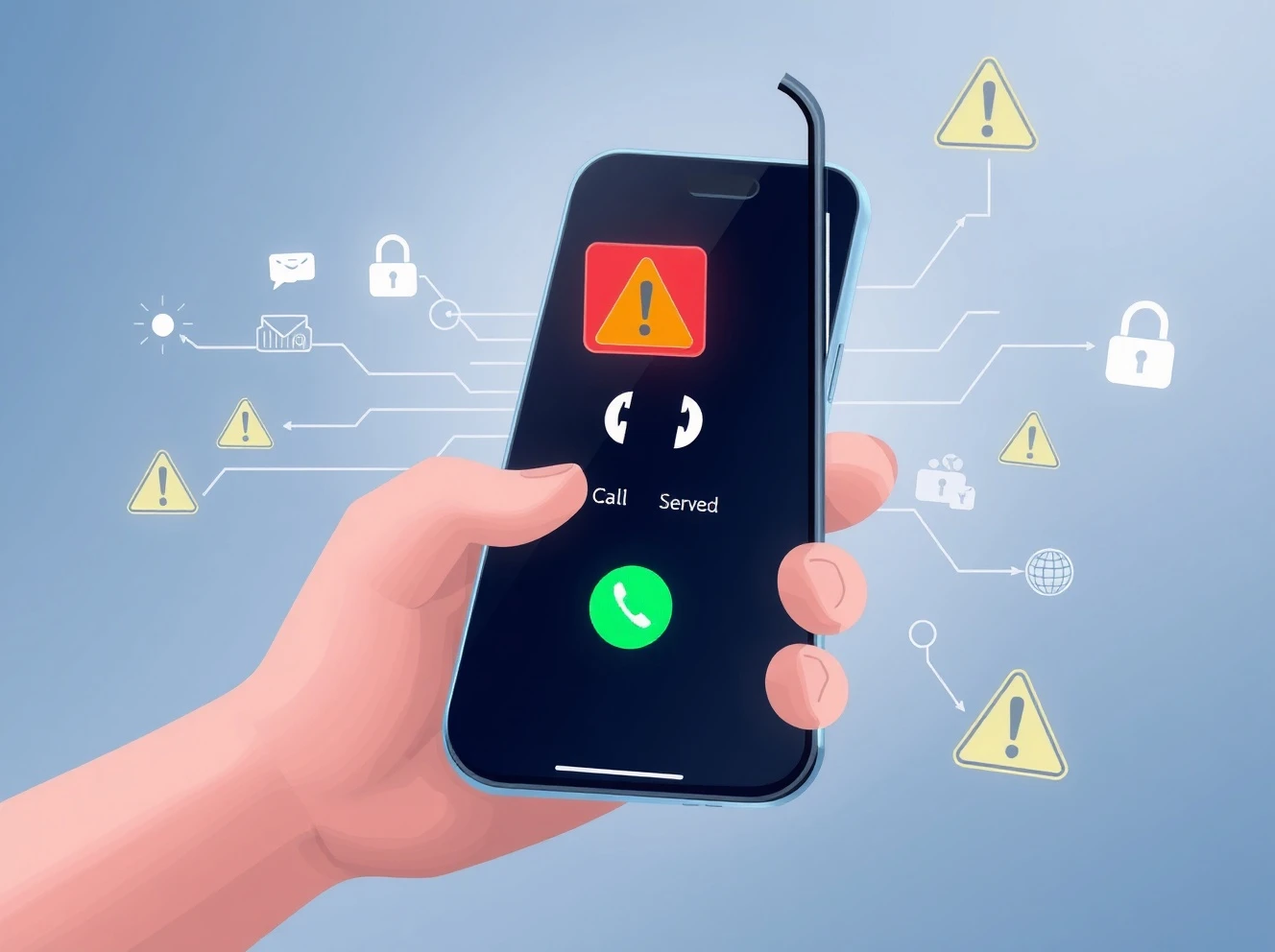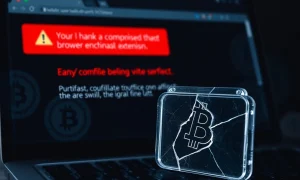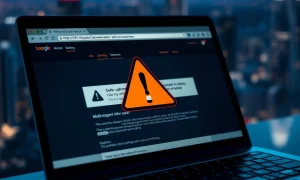The rapidly growing call recording app Neon has suffered a massive security breach that exposed users’ most sensitive information. This alarming incident reveals how quickly viral apps can compromise user privacy when security measures fail to keep pace with growth.
Neon Security Breach Discovery and Immediate Impact
Security researchers uncovered a critical flaw in Neon’s infrastructure that allowed unauthorized access to user data. The Neon security breach enabled anyone to view phone numbers, call recordings, and transcripts from any user account. This vulnerability affected thousands of users who had embraced the app’s promise of earning money by recording conversations.
Researchers used network analysis tools to identify the security gap. They discovered that Neon’s servers failed to implement proper authentication protocols. Consequently, logged-in users could access data belonging to any other user without restrictions.
How the Neon Security Breach Unfolded
The Neon security breach resulted from fundamental security oversights in the app’s architecture. Key vulnerabilities included:
- Missing access controls that should have restricted data to authorized users only
- Publicly accessible audio files through direct web links without authentication
- Exposed metadata containing phone numbers and call details
- Unprotected API endpoints that leaked user information
Security experts confirmed that the Neon security breach exposed sensitive personal information. They found that some users recorded lengthy conversations without participants’ knowledge. This practice raises serious ethical concerns beyond the immediate security implications.
Company Response to the Neon Security Breach
Neon founder Alex Kiam took servers offline after learning about the security vulnerability. However, the company’s communication strategy has drawn criticism. Kiam notified users about temporary service suspension but omitted details about the Neon security breach itself.
The company’s email stated: “Your data privacy is our number one priority.” Nevertheless, it failed to mention that user data had already been compromised. This lack of transparency compounds the original security failure.
Broader Implications of the Neon Security Breach
The Neon security breach highlights ongoing challenges in mobile app security. Both Apple and Google face questions about their app review processes. Similar security incidents have affected other popular apps recently, including dating applications that exposed user locations and personal information.
This incident underscores the risks associated with apps that monetize user data. The Neon security breach demonstrates how rapid growth can outpace security implementation. Companies must prioritize security from the earliest development stages rather than treating it as an afterthought.
FAQs About the Neon Security Breach
What information was exposed in the Neon security breach?
The breach exposed users’ phone numbers, call recordings, call transcripts, and metadata including call duration and timestamps.
How many users were affected by the Neon security breach?
While exact numbers aren’t confirmed, Neon had been downloaded 75,000 times in a single day and ranked among the top-five free iPhone apps.
Has Neon fixed the security vulnerability?
The company has taken servers offline temporarily but hasn’t confirmed when or if the app will return with proper security measures.
Should Neon users take any protective actions?
Users should monitor their accounts for suspicious activity and consider changing passwords for other services if they reused credentials.
Are app stores responsible for preventing such security breaches?
While app stores have review processes, ultimate responsibility for security lies with app developers and their implementation practices.
What lessons can other app developers learn from this incident?
Developers must implement robust security testing, proper authentication protocols, and transparent communication plans before launching data-sensitive applications.







